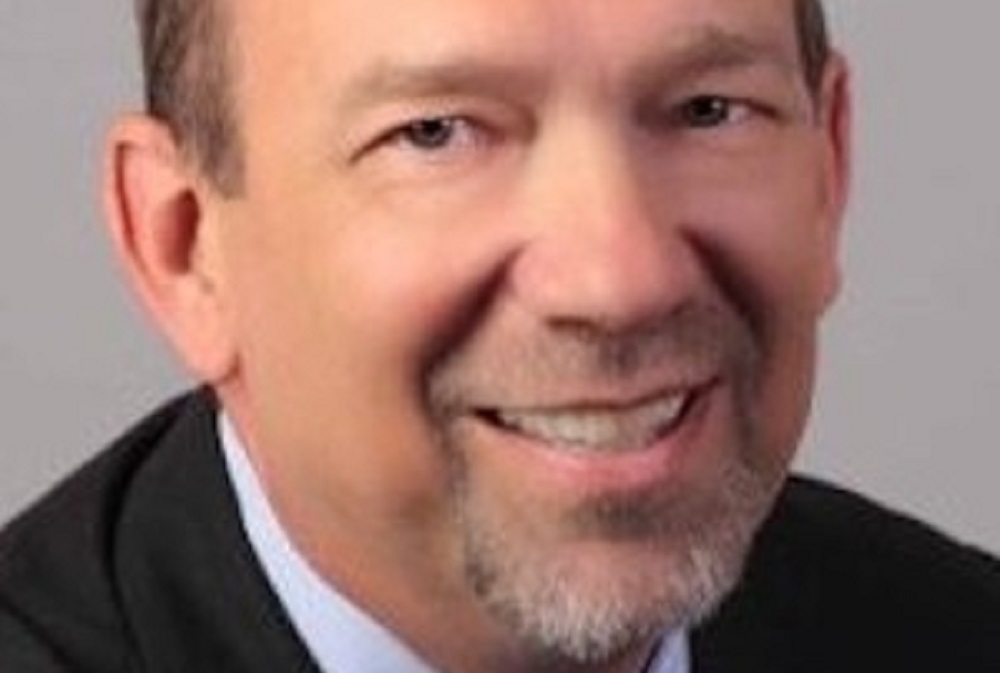Richard Luecking is co-director of the Center for Transition and Career Innovation for Youth with Disabilities. | Contributed photo
Richard Luecking is co-director of the Center for Transition and Career Innovation for Youth with Disabilities. | Contributed photo
The University of Maryland has formed a new center with a goal to improve the outcomes of students and youths with disabilities in careers and continuing education.
The Center for Transition and Career Innovation for Youth with Disabilities (CTCI) will be housed in the University of Maryland's College of Education. CTCI co-director Richard Luecking said the center will conduct research to determine how, when and under what circumstances students and youths with disabilities achieve jobs and careers. It will also translate that research so the information obtained can be applied to educational practice and professional development.
"The center’s mission is to foster partnerships among faculty and local, state and national agencies and organizations to promote research, innovations, practice improvements and supportive state and national policy which improve college and career outcomes for students and youth with disabilities," Luecking said in an interview with Maryland State Wire.
Luecking said the center will be especially focused on collaborating with Maryland state government agencies so state education and vocational rehabilitation policies and services are informed by the research that is conducted at the center.
"The center also intends to disseminate information and research results nationally, as well as to collaborate with national groups to promote improved employment and career success for youth with disabilities," Luecking said.
The center's work will influence nearly every aspect of secondary education that prepares students with disabilities for post-school careers, as well as those services for which youth are eligible as they pursue employment and careers, Luecking said.
"We want to promote the use of proven education and service strategies in the schools and in employment service programs that serve these youth in order that the youth will transition from school with an improved likelihood of being employed adults with increased economic independence," he said.
The center has three major goals, the first of which is that it will partner with Maryland government agencies to launch and preserve a multitude of transition services and outcome data for all of the students in the state who receive special education services.
"This will enable the evaluation of what is effective in promoting career success and therefore drive reforms in education and services accordingly," Luecking said.
Luecking said the second goal to place the university and the state as leaders in transition practice and policy that is driven by ongoing research and evaluation activities.
The third goal is to build an infrastructure within the university that is capable of identifying and responding to the needs and challenges at both a state and national level in promoting and replicating evidence-based transition practice, Luecking said.
Luecking said the center is funded through a combination of federal and state grants and contracts related to the goals of the center.
"Despite advances in transition-to-career service delivery and increased knowledge of research-supported transition strategies, long-standing service and systems issues continue to impede optimal transition outcomes for students with disabilities," Luecking said. "Compared to their peers without disabilities, students with disabilities can still expect lower school completion rates, lower adult employment participation, higher dependence on public income support, and higher incidence of poverty. The Center will contribute to advancing the knowledge of successful strategies that address these circumstances."
Luecking said every student with a disability in Maryland schools will be the target of what the Center learns.
"That is, as the center identifies what works to improve career success for students and youth with disabilities through its research and evaluation activities it will work with state government partners, particularly the Maryland State Department of Education and the Maryland Department of Disabilities, to implement policies and practices to implement evidence-based service to these youth," Luecking said. "In addition, through its work on national initiatives, the center will be involved in informing education and transition professionals throughout the country on effective practices to promote career achievement for youth with disabilities."
Gov. Larry Hogan said in a news release that the signing of the Americans with Disabilities Act nearly 30 years ago was a critical step forward in the expansion of opportunities and equal access for those with disabilities in employment, communication, transportation and quality of life.
"Under our administration, Maryland is an ‘Employment First State,’ which means that everyone – including those with significant disabilities – can join our workforce," Hogan said in the news release. "Maryland is committed to improving the lives of people with disabilities, and this new initiative at UMD will help increase employment and promote economic self-sufficiency for young people with disabilities."



 Alerts Sign-up
Alerts Sign-up